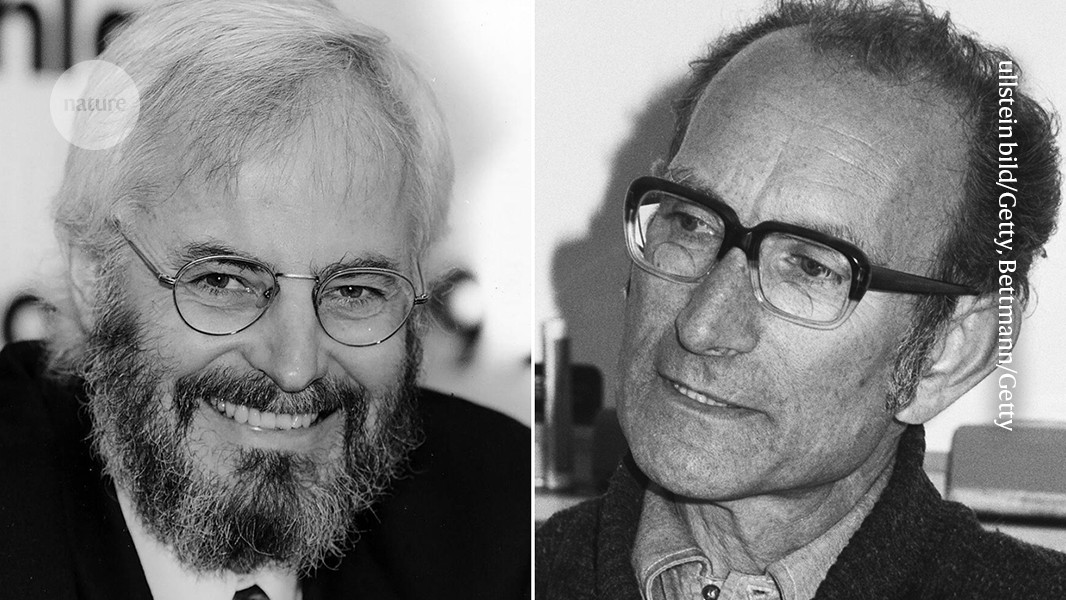
"On 7 August 1975, Nature published a paper that has had some of the greatest impacts on science and health care in modern times. The study, by biochemists Georges Köhler and César Milstein, described a method for creating lab-made copies of antibodies - called monoclonal antibodies."
"At least 212 antibody drugs have benefited tens of millions of people so far... The global market for monoclonal antibodies, worth around US$250 billion in 2024, is projected to double in value within five years."
The discovery of monoclonal antibodies, detailed in a seminal paper published on 7 August 1975, has transformed healthcare and research. This method allows for the creation of lab-made antibodies that can target specific antigens, leading to diagnostics and treatments for autoimmune diseases, allergies, and cancers. Over 212 antibody drugs have improved the lives of millions, with projections indicating the global market for these antibodies will reach US$250 billion by 2024 and may double shortly thereafter. The success is attributed to global collaboration and communication among scientists, unlike today's heavily funded consortia.
Read at Nature
Unable to calculate read time
Collection
[
|
...
]